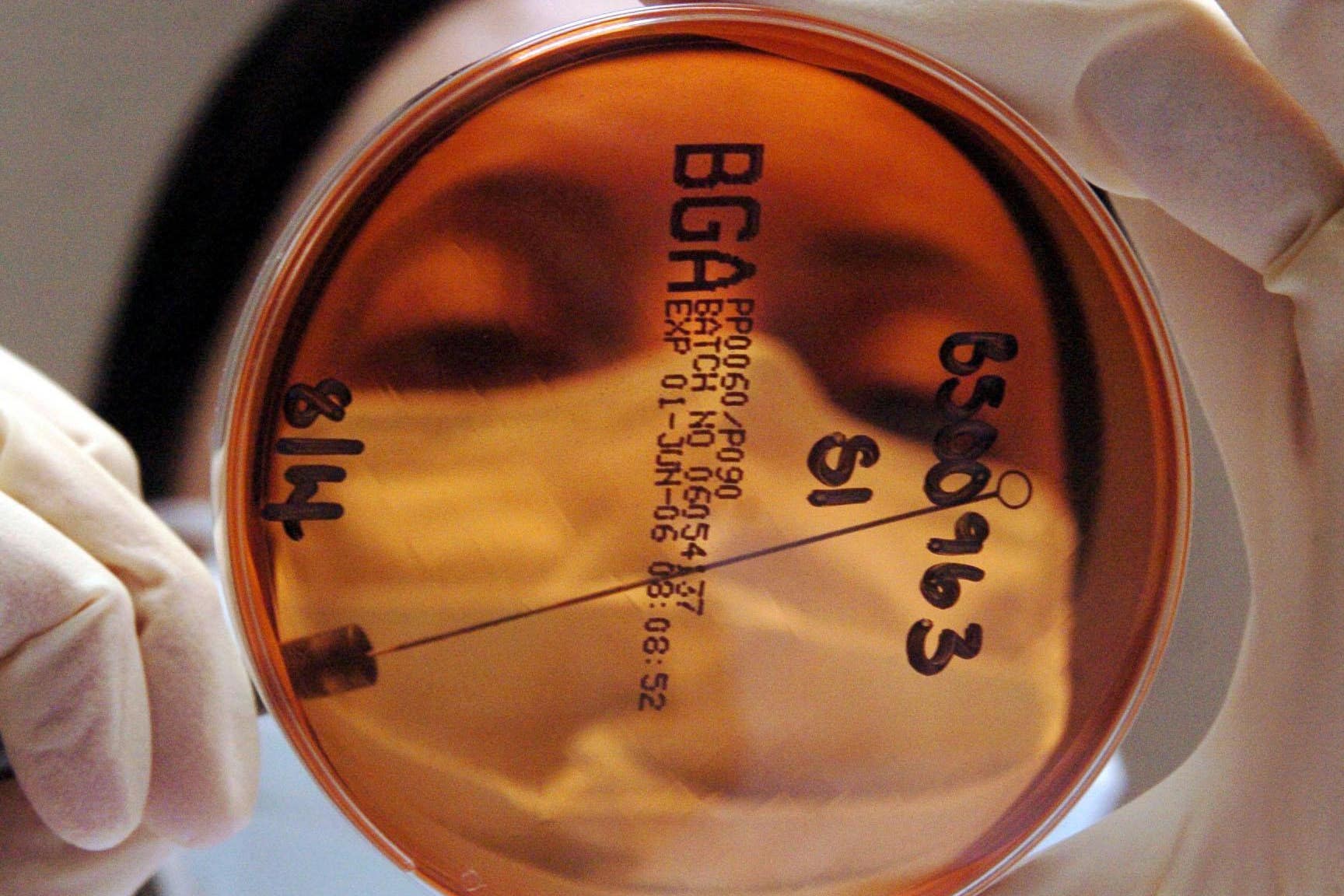Research identifies genetic ‘switch’ that can control anxiety
The University of Aberdeen team hope their findings could improve the lives of anxiety patients.

Your support helps us to tell the story
From reproductive rights to climate change to Big Tech, The Independent is on the ground when the story is developing. Whether it's investigating the financials of Elon Musk's pro-Trump PAC or producing our latest documentary, 'The A Word', which shines a light on the American women fighting for reproductive rights, we know how important it is to parse out the facts from the messaging.
At such a critical moment in US history, we need reporters on the ground. Your donation allows us to keep sending journalists to speak to both sides of the story.
The Independent is trusted by Americans across the entire political spectrum. And unlike many other quality news outlets, we choose not to lock Americans out of our reporting and analysis with paywalls. We believe quality journalism should be available to everyone, paid for by those who can afford it.
Your support makes all the difference.Researchers have identified an area of human and mouse DNA that plays a role in controlling anxiety.
A University of Aberdeen team found a section of DNA which “switches” on key genes in parts of the brain that affect anxiety levels in mice.
They found removal of the “switch” increased anxiety in the animals.
The team now hope further research into the switch could help improve the lives of anxiety patients by identifying a new drug target.
Professor Alasdair Mackenzie, of the university, said: “We already know that 95% of the genetic differences associated with disease are found outside of protein coding genes.
“This part of the genome, known as the ‘non-coding genome’ has not been well explored because we previously lacked the tools to do so.
“We also know that the non-coding genome contains information in the form of gene switches that tell genes where and when to be turned on.
“This is important as genes have to be switched on in the right cells and at the right times to ensure good health and when they are not turned on correctly can contribute to conditions like anxiety, depression and addiction.
“These areas of the non-coding genome are what we study in our lab.”
Both humans and mice have similar genomic mechanisms controlling mood and researchers said the “switch” they discovered is part of these mechanisms in both species.
Prof Mackenzie’s team recognised that many of these switches have remained virtually unchanged or conserved for hundreds of millions of years and can be found in both humans and mice.
The research involved using CRISPR genome editing technology.
He said: “Our unique approach is to use CRISPR to delete these ‘conserved’ switches from mice and then study their role in mood, food intake and preference for alcohol.”
Using the CRISPR technology to delete specific areas in the genome, the team focused on an enhancer called BE5.1 that controls the BDNF gene.
They found deletion of BE5.1 was associated with an increase in levels of anxiety in female mice.
Researchers said this suggests BE5.1 is a key part of the complex genome machinery in the brain that modulates anxiety.
Dr Andrew McEwan, also from the university, said: “To understand the basis of complex human diseases, that includes mental illness and other conditions such as obesity, depression and addiction, it is as important to understand the mechanisms that ensure proper production of proteins in the right cells as it is to understand the proteins themselves.
“This will only be achieved if we better understand the non-coding genome in health and disease and the function and role of the thousands of enigmatic gene switches that lurk in its depths.”
The research, published in Molecular Psychiatry, was funded by the Biotechnology and Biological Sciences Research Council, Tenovus Scotland GHI, the Medical Research Charity and Medical Research Scotland.